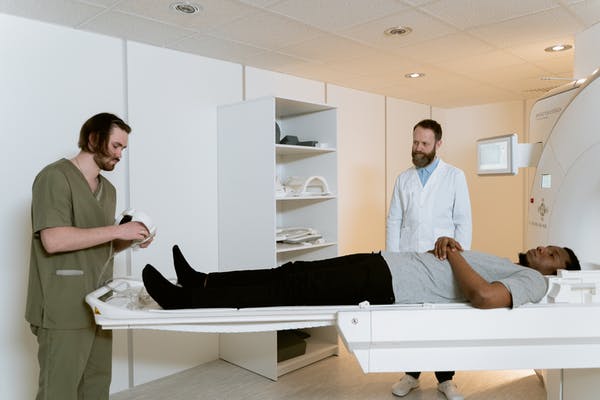HEALTH
EKG Assessment for your Heart Rhythm and Health

Your heart has electrical systems that help control the heartbeat rhythm and rate; therefore, a healthy heart means the proper functioning of your body. However, if a problem starts in your electrical system, it may be hard to detect. Usually, you will need Rockville EKG. An electrocardiogram test is painless and fast in detecting any problems your heart may be having. Read on to learn more.
What is an electrocardiogram?
This painless test involves recording the signals in your heart to quickly check for any heart problems or monitor the health of your heart. It is commonly known as EKG or ECG. An electrocardiogram may help detect:
· Irregular heart rhythm
· If coronary artery disease may be causing a heart attack or chest pain
· The effectiveness of specific treatments of heart diseases.
· Whether you have had a heart attack before
How do you know you may need an EKG?
Your doctor may suggest an electrocardiogram if you show the signs and symptoms below:
· Heart palpitations
· Chest pain, shortness of breath, and fatigue
· Dizziness or lightheadedness
· Rapid pulse
Your doctor may also suggest the test if your family medical history shows a heart disease, even if you may not show any symptoms. An EKG can also detect if you have symptoms that come and go.
What can you expect during an electrocardiogram procedure?
Before the procedure, you may need to discuss and ask any questions you may have; you should inform your doctor about your current prescriptions or any supplements. You can also tell your doctor if you may have a pacemaker. Your doctor may recommend specific preparation tips based on your condition. During the procedure, your doctor may ask you to take off jewelry and clothing, and they will cover you, leaving only the necessary skin. You may then have to lay still on a bed or table so you won’t interfere with the tracing. Your doctor may then attach electrodes to your chest, legs, and arms and connect lead wires to the electrodes. After the two attachments, your doctor will start the EKG, which takes a short time to trace. Your doctor may disconnect the leads and remove the electrodes once the procedure is complete.
What happens after an ECG?
You may continue your daily activities after the procedure unless otherwise. Your doctor may give you the results, and they can provide the following details:
· Heart rhythm
The EKG test can help detect any irregular heartbeat which may result from improper functioning of your heart’s electrical system.
· Heart rate
An EKG may help check if your heart rate may be too fast or very slow, or irregular.
· Heart attack
Your EKG may show whether you may have had a previous heart attack or have one currently. The EKG has patterns that can help determine the damaged part of your heart and the extent.
· Changes in heart structure
Your test may also give clues about heart defects or other heart problems like an enlarged heart.
The EKG is a safe procedure as there are no electrical shock risks.
If you want to learn more about an electrocardiogram, call Quality Primary Care or make your online appointment.
Umar Nisar was born and raised in the busy city of Abbottabad. As a journalist, Umar Nisar has contributed to many online publications including PAK Today and the Huffing Post. In regards to academics, Umar Nisar earned a degree in business from the Abbottabad UST, Havelian. Umar Nisar follows the money and covers all aspects of emerging tech here at The Hear Up.
Thanks










